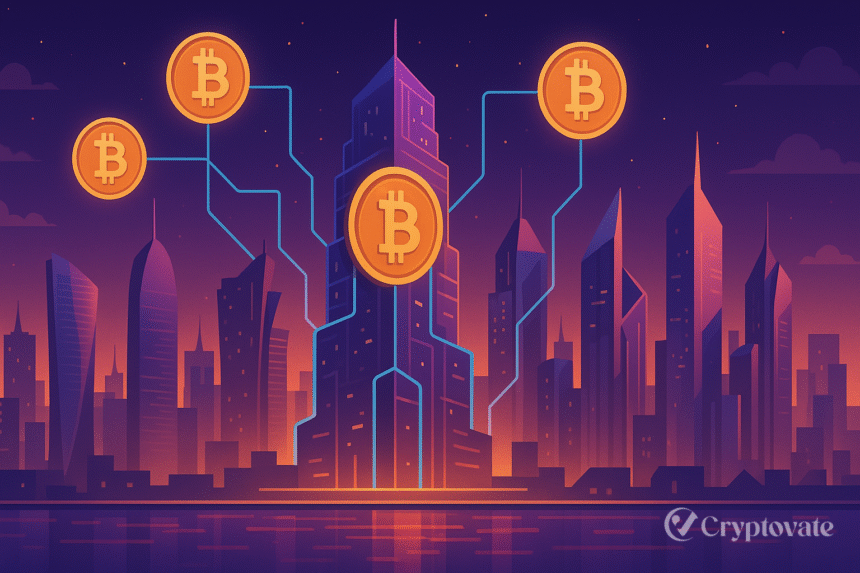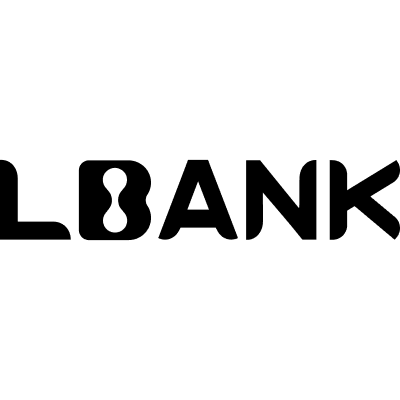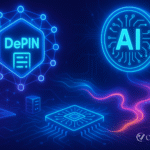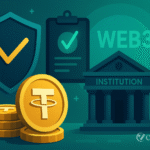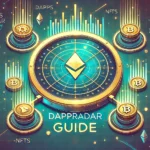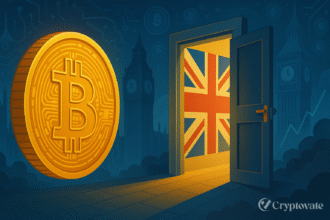– Ad –
| Getting your Trinity Audio player ready... |
Qatar is creating a buzz in the Web3 space with a bold initiative to tokenize more than $500 million in real estate, beginning with its landmark skyscrapers. Announced by the Qatar Financial Centre (QFC), this initiative leverages blockchain technology to unlock liquidity, democratize investment, and position Qatar as a global leader in digital finance. By transforming physical assets into digital tokens, Qatar aims to reshape property ownership and attract international investors. But what does this mean for the future of finance and Web3 in the Gulf? Let’s dive in.
Why Tokenize Real Estate?
Tokenization transforms physical assets, such as real estate, into digital tokens on a blockchain, allowing for fractional ownership. This means investors worldwide can buy a piece of a Doha skyscraper for as little as a few dollars, making high-value assets accessible to all. Blockchain ensures transparency, security, and immutability, reducing fraud and streamlining transactions. For Qatar, tokenizing $500 million in towers is just the start, with plans to explore tokenized funds and digital asset regulations, signaling a broader vision for a blockchain-driven economy.
Qatar’s Strategic Vision
The QFC, a hub for financial innovation, is spearheading this initiative with support from blockchain platforms like Hedera. Qatar’s move aligns with its National Vision 2030, which emphasizes economic diversification beyond oil and gas. By tokenizing real estate, Qatar aims to attract foreign investment, boost liquidity in its property market, and establish Doha as a Web3 hub. The country’s regulated environment, bolstered by the 2024 Digital Asset Regulation and Investment Token Rulebook, provides a stable foundation for this bold venture.
How It Works
Tokenization entails generating digital tokens that signify ownership shares in tangible assets. For instance, a $100 million skyscraper could be split into 1 million tokens, each valued at $100. Investors purchase these tokens using cryptocurrency or fiat, gaining proportional ownership. Smart contracts on blockchain platforms like Hedera automate transactions, ensuring trust and efficiency. This approach not only lowers barriers to entry but also enables 24/7 trading of real estate assets, a stark contrast to traditional markets.
Global Implications
Qatar’s initiative follows a global trend of real-world asset (RWA) tokenization. Countries like Dubai and Hong Kong have already embraced blockchain for land registries and financial hubs. Qatar’s $500 million bet could inspire other Gulf nations to follow suit, creating a regional Web3 ecosystem. For investors, tokenized assets offer diversification and liquidity, while startups may find new funding avenues through tokenized funds. Nevertheless, obstacles such as regulatory adherence and cybersecurity continue to pose significant challenges.
What’s Next for Qatar?
Beyond skyscrapers, the QFC is exploring tokenized investment funds and crafting digital asset regulations with partners like SettleMint. This holistic approach could position Qatar as a leader in Web3 innovation. As blockchain adoption grows, we may see tokenized assets expand to other sectors like infrastructure or hospitality, further diversifying Qatar’s economy. Leveraging its prime location and financial strength, Qatar is well-positioned to transform global investment through blockchain technology.
In conclusion, Qatar’s $500 million tokenization plan is a bold step toward a decentralized future. By starting with skyscrapers, the nation is unlocking new opportunities for investors and setting a precedent for Web3 adoption in the Gulf. As Qatar navigates this digital frontier, its success could reshape how we view ownership and investment worldwide.
FAQs
What is real estate tokenization?
Tokenization converts real estate into digital tokens on a blockchain, allowing fractional ownership and easier trading.
Why is Qatar tokenizing skyscrapers?
Qatar aims to boost liquidity, attract global investors, and diversify its economy under its National Vision 2030.
How does blockchain ensure security in tokenization?
Blockchain’s transparent and immutable ledger reduces fraud and ensures secure, verifiable transactions.
What are the benefits of tokenized assets for investors?
Investors gain access to high-value assets with lower costs, increased liquidity, and portfolio diversification.


